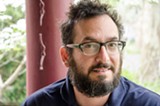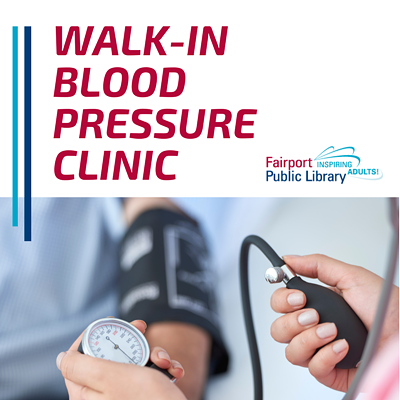[
{
"name": "500x250 Ad",
"insertPoint": "5",
"component": "15667920",
"parentWrapperClass": "",
"requiredCountToDisplay": "1"
}
]
Despite widely known and draconian facts about the prison system in the US, Joshua Dubler says that he's optimistic that public attitudes about the justice system and the treatment of incarcerated people are at a turning point.
"We're in a good moment," says Dubler, assistant professor of religion at the University of Rochester.
Higher education and charitable institutions are providing important resources to prisoners, such as education and job training, after decades of reductions from state and federal governments.
Cornell University has offered its Cornell Prison Education Program since the early 2000's, and in 2015, the Andrew W. Mellon Foundation awarded Cornell a grant to expand the program to create a consortium of "college in prison" programs in the Upstate New York area. Dubler leads the UR's involvement in the program.
"What you're seeing is faculty and students are stepping in to help an underserved and invisible population," he says. "Foundations are seeing this as an investment."
More than a dozen prisoners earned associate degrees in 2015 from Cayuga Community College through the prisoner education program. And this fall, the UR will join forces with Cornell to offer four courses in some of the area's prisons, such as "Intro to the World Religions" at Five Points Correctional Facility in Romulus.
The reductions in state and federal educational programs for prisoners began in the 1970's and gained momentum through the Clinton administration, even though credible evidence shows that prisoner education helps reduce recidivism.
Without social, emotional, and educational skills, the prisoners are more likely to get into trouble when they're released, Dubler says.
The biggest obstacle to prisoner education is the perception that criminals are getting something almost no one else gets: a free education, Dubler says. But society also believes that education helps solve some of the world's most difficult challenges, he says, so people should want prisoners to be educated.
"These programs keep people alive," Dubler says. "The incarcerated take education soulfully; they really bring it."
It's a two-way experience, he says, because the program gives students and faculty in the consortium of colleges and universities a rare opportunity, too.
"Part of ending mass incarceration involves community building," Dubler says. "I want to educate the people in my own community about this. I have some measure of hope that when people participate in something like this, it changes the way they think."
Speaking of...
-

Former Black Panther talks about Black resistance
Feb 10, 2022 -

Forfeiting bail
Jul 31, 2019 -

Activists press state Democrats on mass incarceration
Nov 21, 2018 - More »
Latest in News
More by Tim Louis Macaluso
-

RCSD financial crisis builds
Sep 23, 2019 -

RCSD facing spending concerns
Sep 20, 2019 -

Education forum tomorrow night for downtown residents
Sep 17, 2019 - More »






